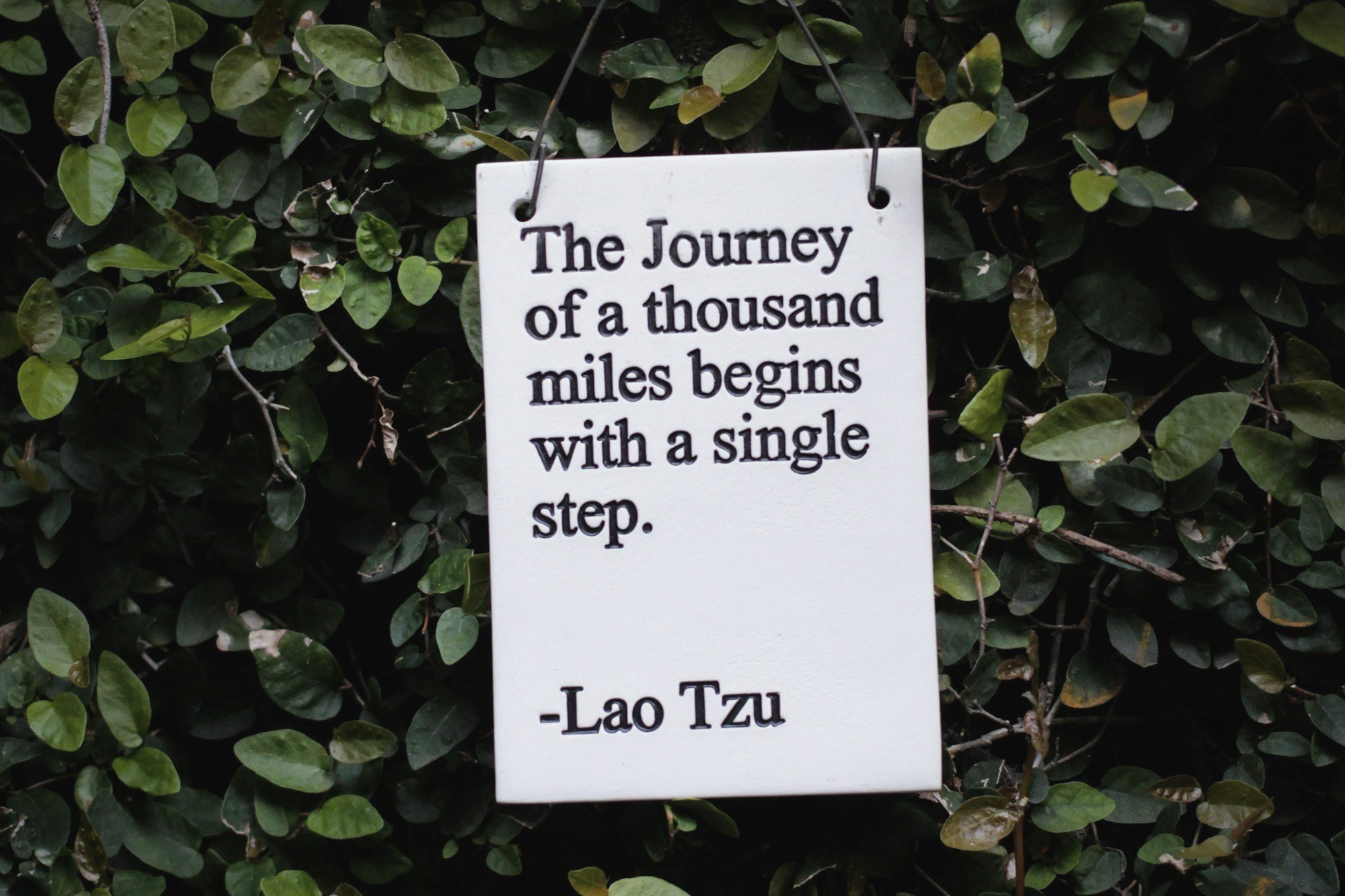Who Are Sexual Assault Advocates?
In the often tumultuous aftermath of sexual assault, survivors grapple with a myriad of emotions, legal complexities, and societal stigmatization. However, amidst this turmoil, sexual assault advocates emerge as beacons of hope and support, offering guidance, empowerment, and unwavering compassion to those in need.
These advocates, whether trained professionals or volunteers, serve as dedicated allies and support systems for survivors, empowering them and guiding them through the intricate aftermath of the assault. Providing a safe and non-judgmental space, advocates allow survivors to freely express their emotions, fears, and concerns while offering empathetic listening and validation. They also educate survivors about their rights, available resources, and options for seeking support, including medical, legal, and counseling services.
Additionally, advocates assist survivors in safety planning, help identify safe spaces, and develop strategies to minimize risk. Accompanying survivors to medical exams, police interviews, and court proceedings, advocates offer unwavering support, providing comfort and empowerment during potentially daunting experiences. In times of crisis, advocates provide immediate intervention, emotional support, and connect survivors with emergency services as needed. Beyond individual support, advocates also advocate on behalf of survivors to ensure their needs are met and their rights are respected, collaborating with law enforcement, medical personnel, and legal professionals. Through ongoing support, community outreach, and education efforts, sexual assault advocates play a crucial role in helping survivors reclaim their autonomy, navigate the healing journey, and advocate for systemic change to prevent future violence.
During my internship at a victims center in Pennsylvania, I had the privilege to work and collaborate with sexual assault advocates, witnessing firsthand the important work they contribute to communities. These advocates served as crucial allies to the therapeutic process, offering specialized knowledge, resources, and support that complimented my therapeutic work. By working collaboratively with sexual assault advocates, I was able to create a supportive network of care that empowered my clients to heal, regain agency, and navigate the journey towards recovery and justice.
The impact of sexual assault advocates extends beyond individual survivors to their communities at large. Through their tireless efforts to raise awareness, promote prevention strategies, and support survivors, advocates play a crucial role in challenging harmful attitudes and misconceptions surrounding sexual assault, ultimately working to reduce stigma and create a more supportive environment for survivors. Engaging in community outreach and education initiatives, advocates empower community members with the knowledge and tools to recognize signs of sexual violence, intervene safely, and support survivors effectively.
Additionally, advocates champion policy reforms and systemic changes within institutions such as law enforcement, healthcare, and educational systems helps create more survivor-centered responses to sexual assault and promotes accountability for perpetrators. By fostering a culture of empathy, understanding, and support, sexual assault advocates contribute to building healthier, safer communities where survivors are heard, believed, and supported on their journey to healing and justice.
Sexual Assault Hotline & Other Resources
National Sexual Assault Hotline: 1-800-656-4673
Search Our Other Blogs!
Interested in Counseling for Interpersonal Violence, Trauma, or PTSD?
If you’re a Marylander who knows that counseling is the direction you need to take, the therapists at LifeSpring Counseling Services are here to help. We offer online counseling services for mindfulness, depression, anxiety, trauma, and grief and loss. We also offer Brainspotting as a specialized service, and Brainspotting can be done online, too!
Here’s how you can get started! Online and in-person counseling for interpersonal violence, trauma, and PTSD isn’t the only service offered at our Monkton, MD office.
The counselors and social workers at our Maryland office also offer counseling services for trauma, grief and loss, boundary setting, communication skills, and difficult life transitions. We also offer specialized counseling services including Brainspotting and spiritually-integrated counseling. Because we are located next to several local universities, we also work with college students and international students.
Written by: Chelsea Cowden, LGPC
Chelsea is a Licensed Clinical Professional Counselor at LifeSpring Counseling Services’ who cares about mental health advocacy and helping people navigate the aftermath of traumatic events.


